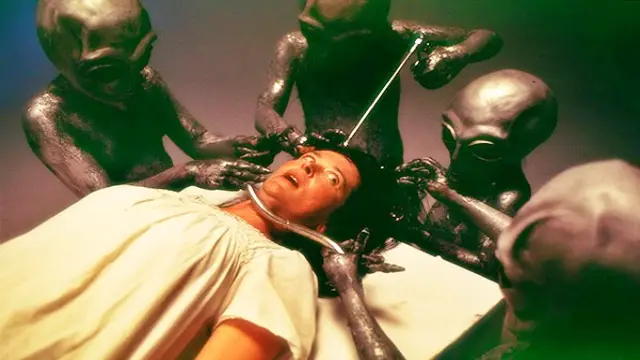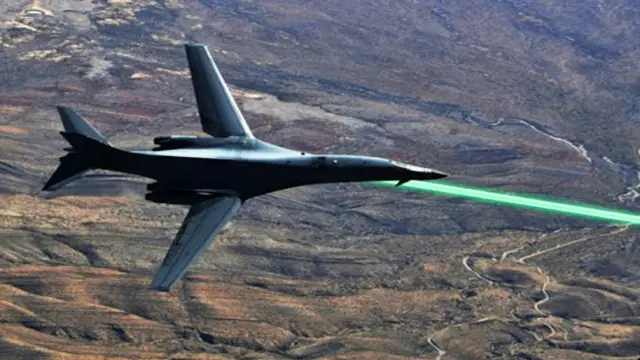Posted of August 20, 2021
Key Points
This is an update of my post published on August 20, 2010:
On this date in 1977, an unmanned spacecraft called Voyager 2 was launched by NASA.
It took photos and measurements of Jupiter, Saturn, Uranus, and Neptune – and actually, it is the only spacecraft to have ever visited Uranus and Neptune!
 Voyager 2 carries a 12-inch copper phonograph record with recorded greetings from Earth people in 60 languages, along with samples of music and natural sounds including whale singing. Electronic information that an advanced technological civilization could convert to diagrams and pictures accompanies the music.
Voyager 2 carries a 12-inch copper phonograph record with recorded greetings from Earth people in 60 languages, along with samples of music and natural sounds including whale singing. Electronic information that an advanced technological civilization could convert to diagrams and pictures accompanies the music.
Voyager 2 has been in continuous operation for 44 years, now, and it is more than 11 billion miles (more than 17 billion kilometers) away from the sun. It takes a day and a half for signals from the spaceship to reach Earth!
Did you know that there was wind in space? Voyager 2 has spent some of its time measuring the properties of the solar wind and how it interacts with interstellar winds.
You see, the sun ejects streams of charged particles in all directions, making a sphere or a “bubble” in the interstellar medium (gas and dust) that surrounds the solar system. This bubble is called the heliosphere.
I know you’ve probably heard that outer space is a vacuum, which means that it is pretty much empty—no matter at all… Now I’m saying that there are charged particles, gas, and dust, let alone all the radio waves, light, and other forms of radiation. But the matter in outer space is so sparse, it still makes a high-quality vacuum that is hard for us here on Earth to copy, with just a few atoms per cubic centimeter.
Check out the Voyager website!
Also on this date:
Plan ahead:
Check out my Pinterest boards for:
-
August holidays
-
August birthdays
-
Historical anniversaries in August
-
September holidays
-
September birthdays
-
Historical anniversaries in September































